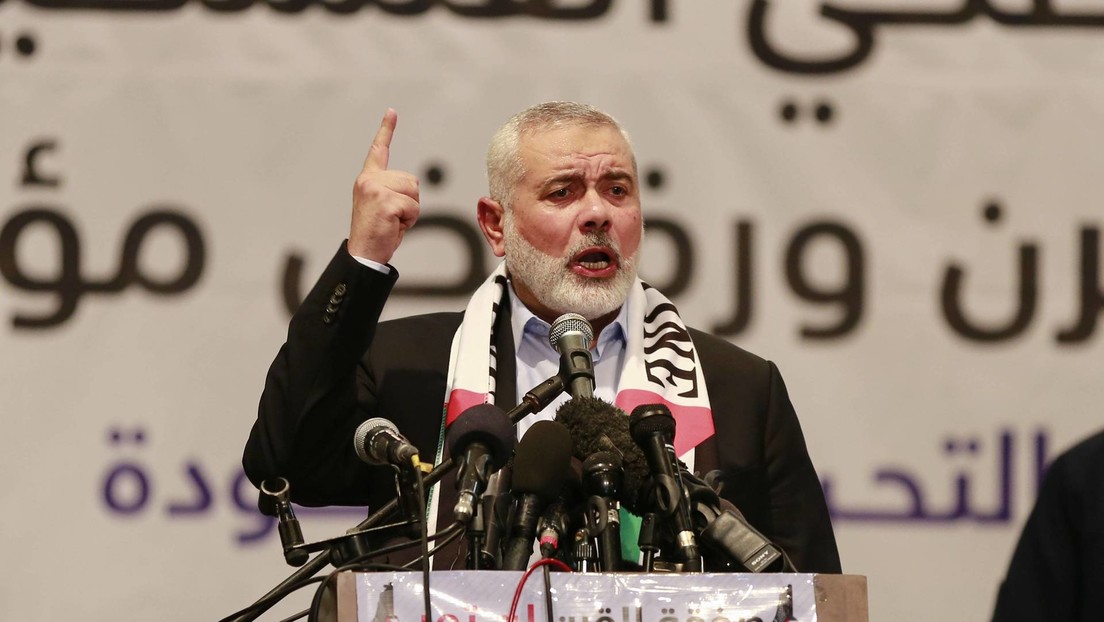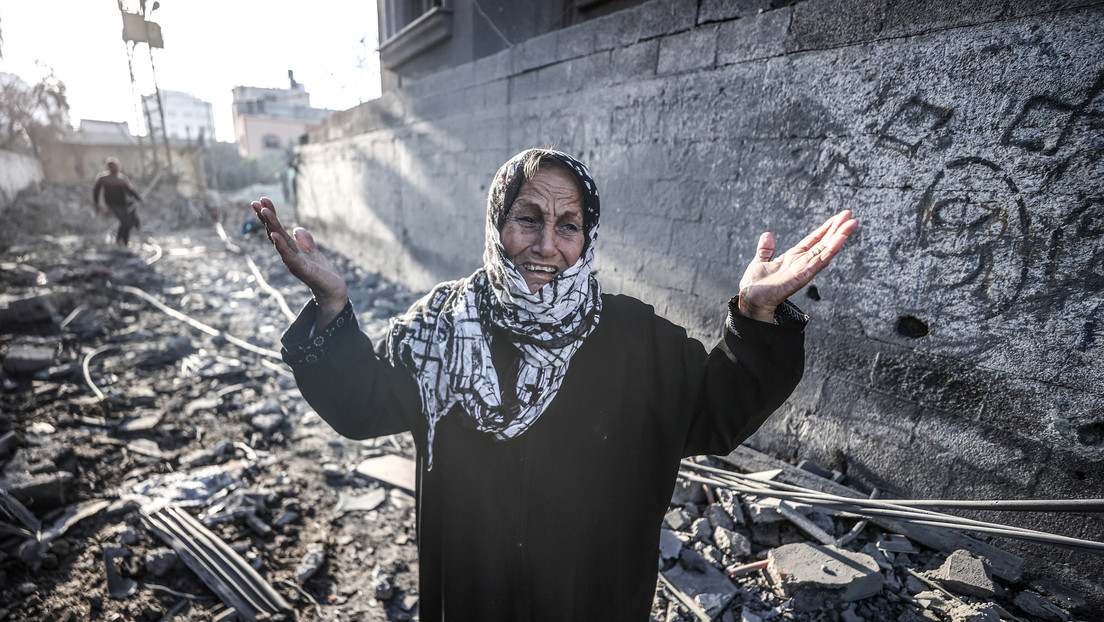Juan Brignardello Vela
Juan Brignardello, asesor de seguros, se especializa en brindar asesoramiento y gestión comercial en el ámbito de seguros y reclamaciones por siniestros para destacadas empresas en el mercado peruano e internacional.




On October 7, 2023, a terrorist attack carried out by Hamas in southern Israel marked a turning point in the contemporary history of the Israeli-Palestinian conflict. The brutality of the attack unleashed a torrent of fear and concern over a possible regional war that could extend from Jerusalem to Tehran. However, a year later, the landscape appears to have changed drastically, and Israel's victory is manifesting on several fronts that may redefine geopolitics in the Middle East. In the Gaza Strip, the outcome of the Israeli military response has been devastating. The region has been reduced to rubble, and the civilian population has fallen victim to unprecedented cruelty, with tens of thousands of Palestinians dead. This situation has led the International Criminal Court to issue an arrest warrant against Prime Minister Benjamin Netanyahu and former Defense Minister Yoav Gallant for war crimes, highlighting the moral and legal complexity of military victory. The destruction of Gaza raises troubling questions about the human cost of victory and the future of the Palestinian population. In Lebanon, the situation is no less intense. Israel has conducted a series of attacks that have significantly weakened Hezbollah, a Shiite militia that has historically been a formidable adversary. The elimination of Hezbollah leaders by Israeli forces demonstrates remarkable intelligence capabilities and effective use of military technology. However, this victory not only affects Hezbollah but also has broader implications for the stability of Lebanon and Iran's influence in the region. Developments in Syria are equally significant. The fall of Bashar al-Assad's regime has allowed the Israeli army to carry out strategic attacks on Syrian military facilities and expand its presence in the Golan Heights. This move not only strengthens Israel’s military posture but also underscores the fragility of the Assad regime and the impact of the Syrian civil war, which has left the country in a state of chaos. The Golan, a strategic enclave, now represents a pressure point on Damascus, which could further alter the balance of power in the region. Despite these victories, Netanyahu remains a controversial and polarizing figure in Israel. While he has managed to capitalize on some military successes, his legal troubles have not disappeared. The trial for fraud, bribery, and breach of trust has reopened, adding a layer of instability to his leadership. The documentary "Netanyahu File," available on the Filmin platform, offers an in-depth look at his life and the family environment in which he grew up, where corruption seems to be a constant. Netanyahu's response to the crisis has included attempts to reform the judicial system, which has sparked massive protests against him. Although the Supreme Court overturned an initial attempt at reform, the Prime Minister has formed alliances with elements of the far-right that could give new momentum to his efforts. This poses a dilemma for the future of Israeli democracy and the rule of law, which has been a fundamental pillar in the country’s history. While Zionism seems to have found a new wave of military support, the question of Palestine remains unresolved. Israel’s military victories have left Palestinians in an even more precarious situation, with no clear prospect of a just peace or a state of their own. Israeli hegemony in Gaza, the West Bank, Lebanon, and Syria manifests in a context where failed states and the absence of a viable peace framework continue to fuel regional instability. Iran's defeat is also a factor that cannot be overlooked. Tehran, which has been behind support for Hamas and Hezbollah, has seen its aspirations to become a unifying regional power for those wanting to confront Israel weakened. This new reality could have repercussions on Iran’s strategy in the region and its ability to influence other actors. As we move into 2024, Israel's victory presents a double-edged sword. While Hebrew military superiority has been consolidated, the lack of a peace process and the ongoing oppression of Palestinians could be breeding grounds for future tensions. Netanyahu's future hangs by a thread, caught between his desire to remain in power and the growing internal and external pressures he may face. Therefore, while Israel has achieved significant accomplishments on the battlefield, lasting peace and a just solution for the Palestinians remain the true challenge in a Middle East filled with tensions and contradictions. History has shown that military victories, no matter how decisive, do not guarantee long-term stability or peace between nations. The region remains a hornet's nest, and the true path to peace is yet to be discovered.
Airplane Accident In Kazakhstan Leaves 67 Passengers On Board And Multiple Injured.

Aerial Tragedy In Kazakhstan: A Plane Crashes Leaving 38 Dead And 29 Injured.
Ukraine Accuses Russia Of Downing Azerbaijan Airlines Plane In Kazakhstan.






